Vietnam maintains its existence not only with the blood and bones of its ancestors during the war, but also with a strong community spirit, love for the land and people, from the fiery pages of history to the silent contributions in peacetime.
But in this new era, where information travels faster than thought, where one can connect with the five continents more easily than one can talk to one’s neighbor, patriotic education cannot continue to follow the same old path. It requires a different way of thinking: sharper, more open, more connected to concrete actions and closer to life.
Today, most of the younger generation was born in peace , grew up in integration, had early access to technology, spoke English better than Vietnamese, and sometimes understood more about world wars than the historical battles of their ancestors. That is not the loss of roots as some nostalgic people often warn.
That is the inevitable result of the times. And in that context, patriotic education needs to be renewed so as not to slip away from the minds of young people in the noise of social networks, diverse personal choices, and digital lifestyle habits.
One of the limitations that needs to be recognized with a receptive spirit is that patriotic education activities in schools today still tend to be more symbolic, such as flag salutes, wall newspapers on holidays, and historical painting competitions, but rarely create opportunities for students to truly “touch” the experience of citizenship. These activities are not wrong, on the contrary, they are necessary.
However, if education stops there, it is easy to lose its depth. We cannot expect students to fully understand the value of national independence through a written test about September 2 if they have never tried to speak up to protect their community, faced real social conflicts, or been trained to think critically in the face of multi-dimensional viewpoints. Patriotic education, therefore, should no longer be designed as a process of “transmitting information,” but should instead be transformed into a process of “building civic capacity.”
Patriotism in the 21st century cannot be separated from three factors: Critical thinking, responsible behavior and the ability to integrate. A patriotic young person is not only someone who knows how to sing the national anthem, but also someone who knows how to refuse to cheat in school, behave civilly online, not share fake news and is conscious of preserving the national image when going abroad. Patriotism is no longer just an emotion, but needs to be nurtured as a skill to be able to survive in a world full of temptations, competition and conflicting values.
A civics lesson on patriotism may not start from an ideal, but from a situation: If you are a student who makes a thoughtless statement on social media that causes Vietnam’s image to be misunderstood, what will you do? A class that does not stop at right or wrong answers, but invites students to dialogue about the boundary between freedom of speech and responsibility of speech, between individual ego and community identity. That is how patriotism is brought to the “dissection table” for correct understanding and correct living.
In addition, Singapore's modern civic education model is a case study worth considering. The National Education program brings students from primary to university to access topics on history, security, and public policy through practice: election simulation, community consultation, building smart cities, etc.
Each activity is both rooted in identity and oriented towards the world. Vietnam can certainly learn from this, but it is important to adapt it to its own cultural context – where the tradition of “remembering the source of water” and community spirit still permeate every family and village.
However, it would be a mistake to teach patriotism only in schools. Because love of country, in reality, does not necessarily have to be expressed in grand words or grand ideals. It is present in the small but persistent choices of everyday life. A bus driver who persistently returns change, an administrative officer who does not compromise with wrongdoing, a mother who teaches her children not to litter - all are silent expressions of patriotism.
In modern society, where people are easily caught up in the fast pace of life, these seemingly normal behaviors are the foundation for building a livable country - where discipline, order and morality become national identity without the need for slogans.
Patriotism also lives in civilized behavior in public places: knowing how to line up, knowing how to keep order in the cinema, knowing how to apologize when there is a collision... A patriot does not necessarily have to put a flag on his avatar, but is someone who understands that he is a representative of the community in every action. An artist who knows how to respond in a civilized manner when Vietnamese culture is distorted, an international student who lives a standard life in the dormitory, a scientist who chooses to do research to solve problems for his own country, all are citizens who love their country deeply and persistently.
In an era where AI can write a fluent patriotic essay, what makes the difference is whether the learner dares to act on that love. Therefore, patriotic education in the new era needs to create real situations - where learners have the opportunity to live as real citizens: to debate, to make mistakes and be corrected, to be listened to and given responsibility.
Patriotic education, if properly nurtured, will not only create a generation that loves the Fatherland, but also loves truth, morality, and humanity because those values are not contradictory. A patriotic young person will not only cling to the past, but will know how to build the future. A nation does not grow by victories alone, but matures by kind people who quietly and persistently do the right thing in countless moments that no one talks about.
And so, ultimately, patriotism is how one lives each day, amidst choices that could hurt the community, they still choose to live decently. That is the simplest form of patriotism, but also the most lasting.
Source: https://giaoducthoidai.vn/giao-duc-long-yeu-nuoc-trong-ky-nguyen-moi-post746665.html



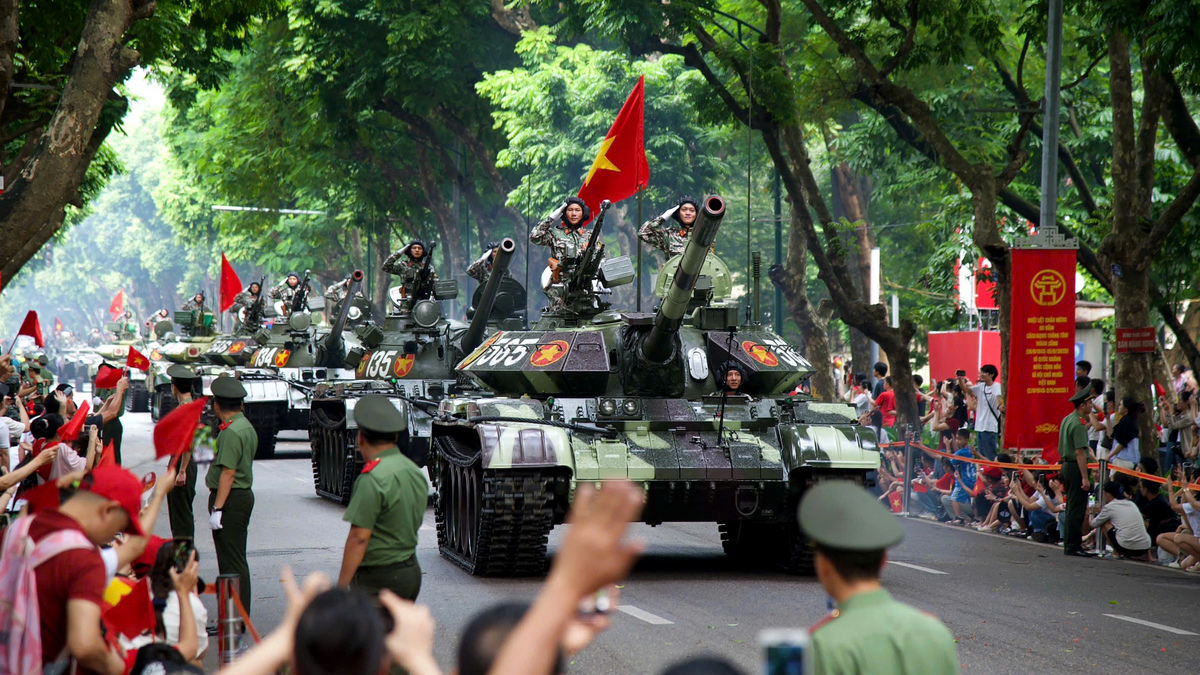



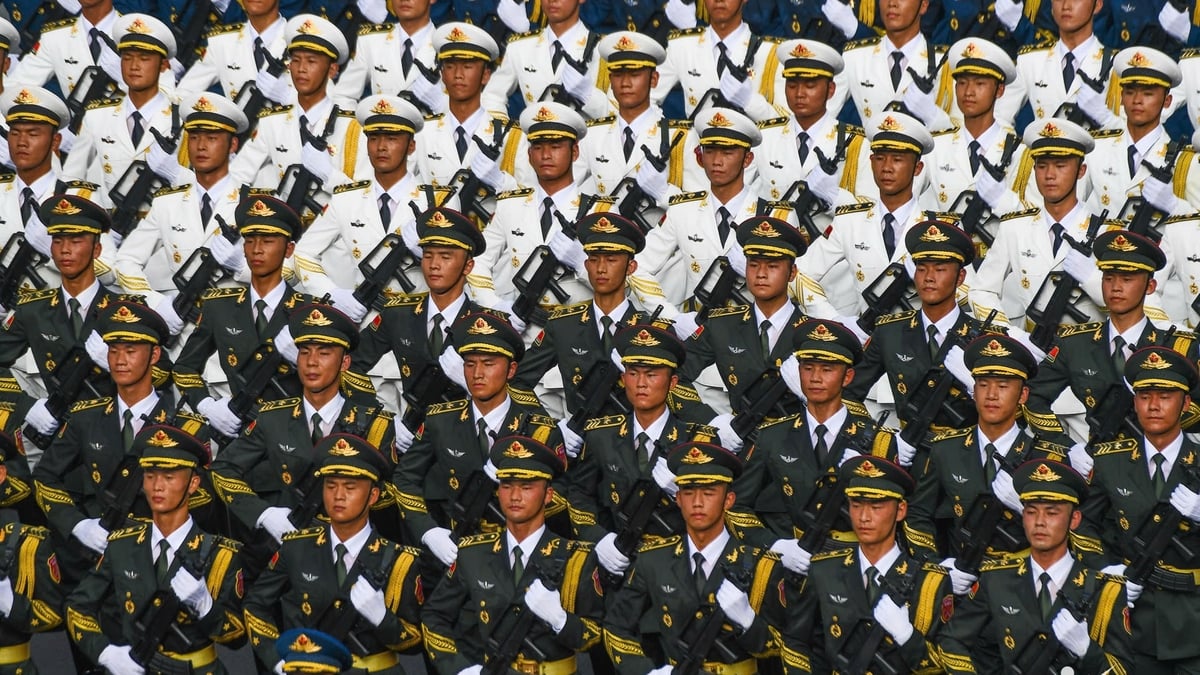
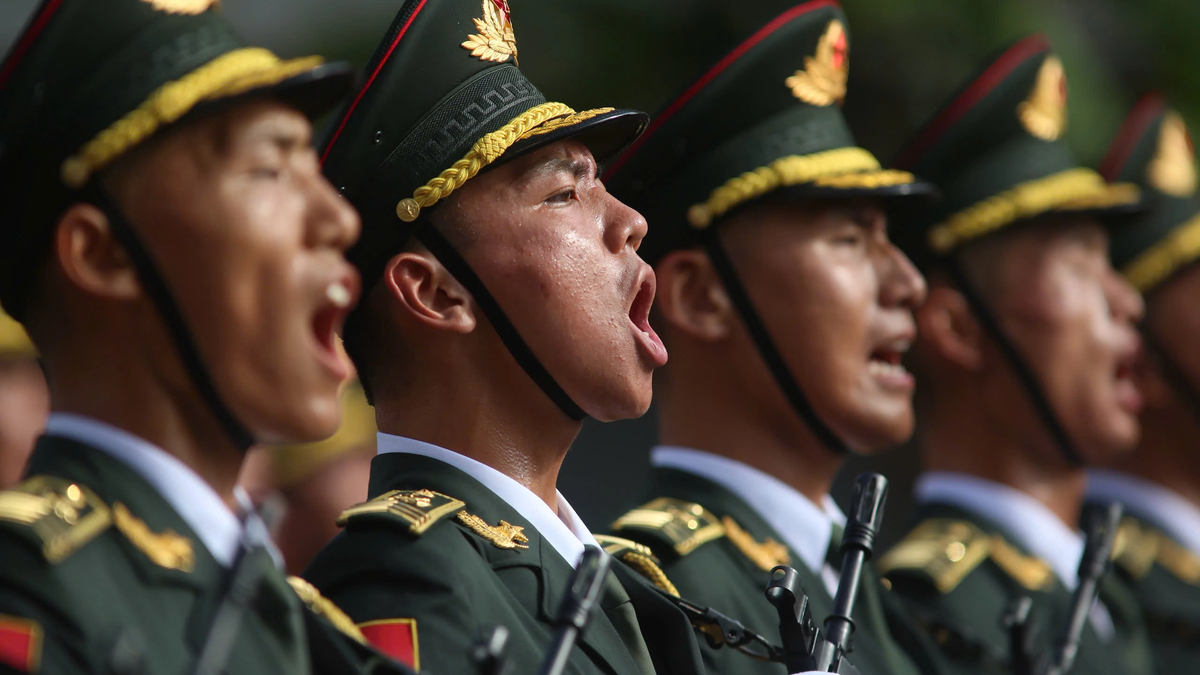
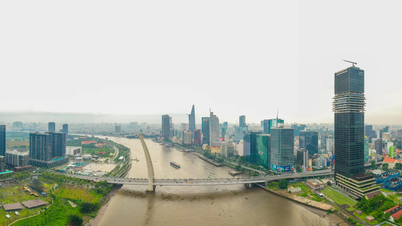






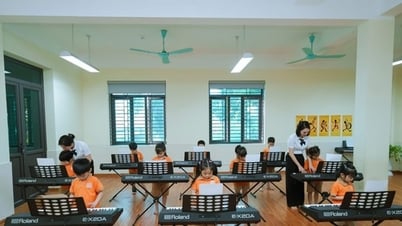



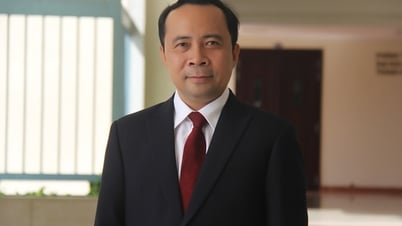
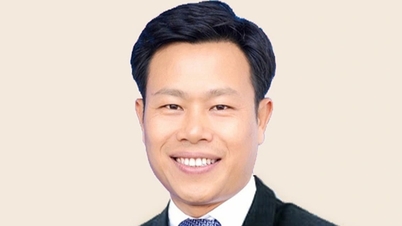







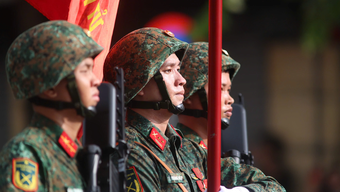


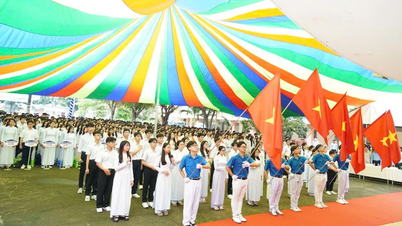

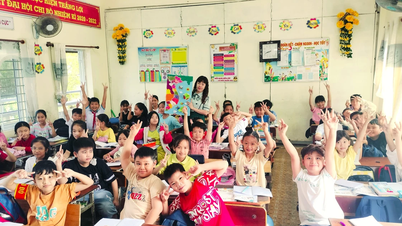

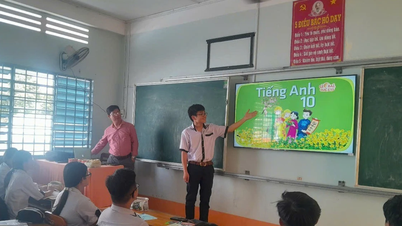
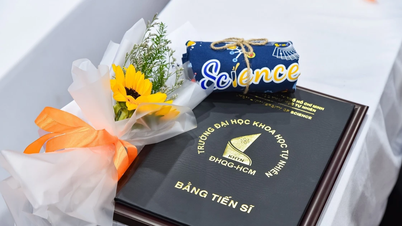
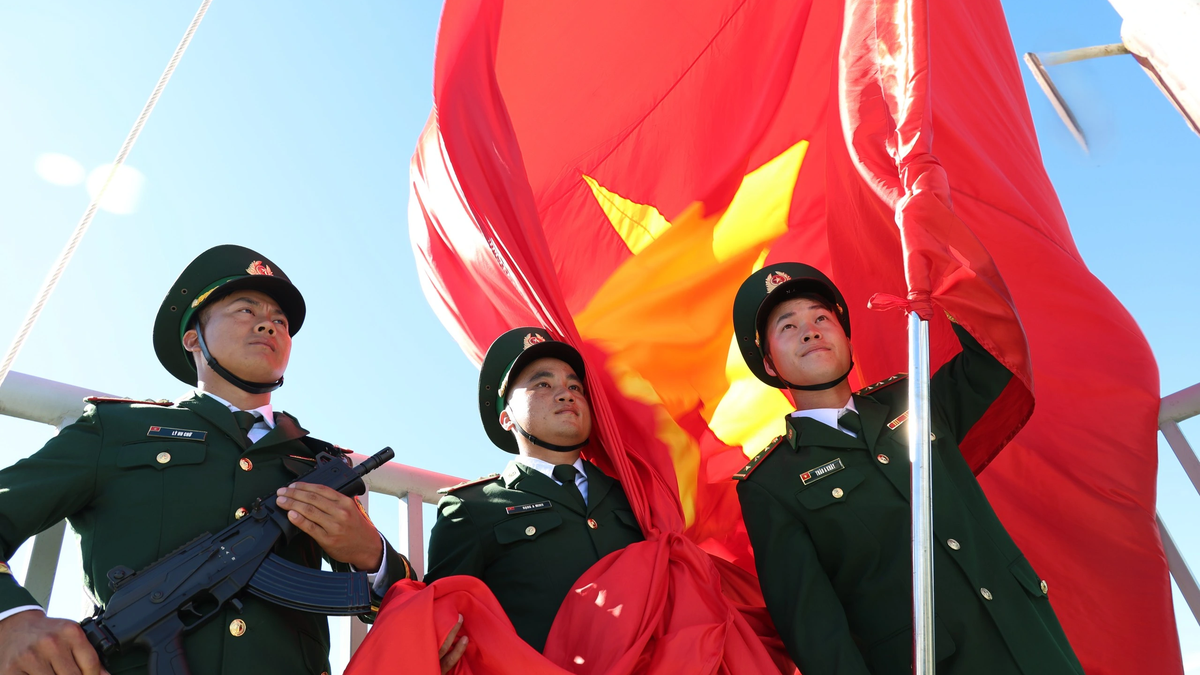










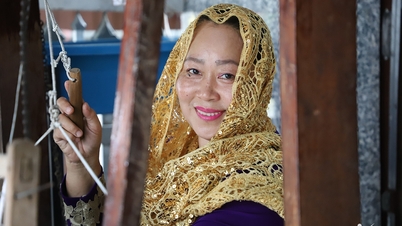




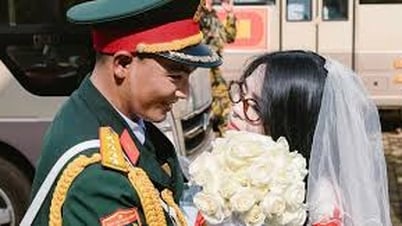












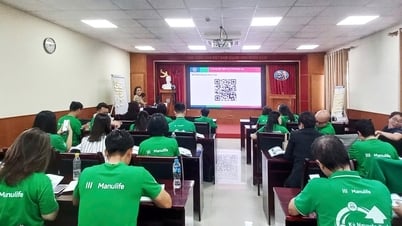
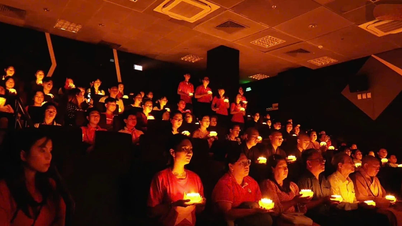
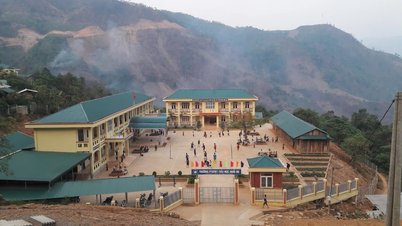
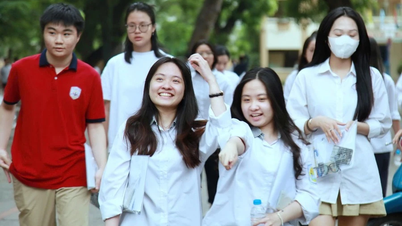






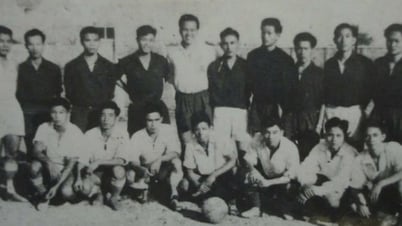


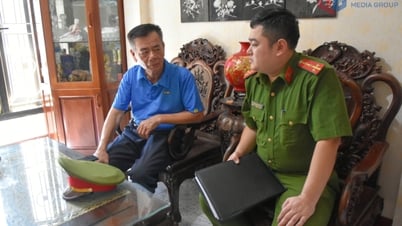




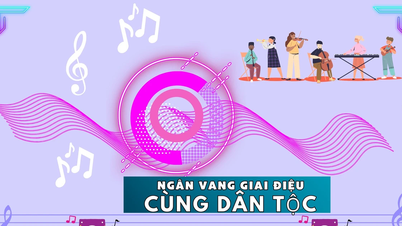





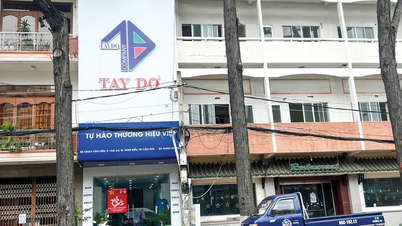



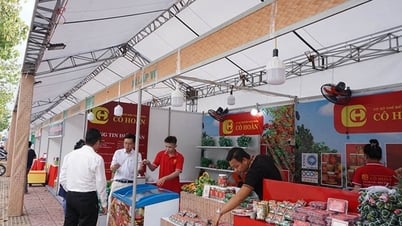
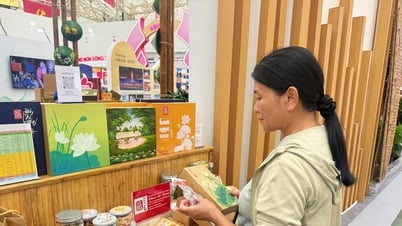






Comment (0)